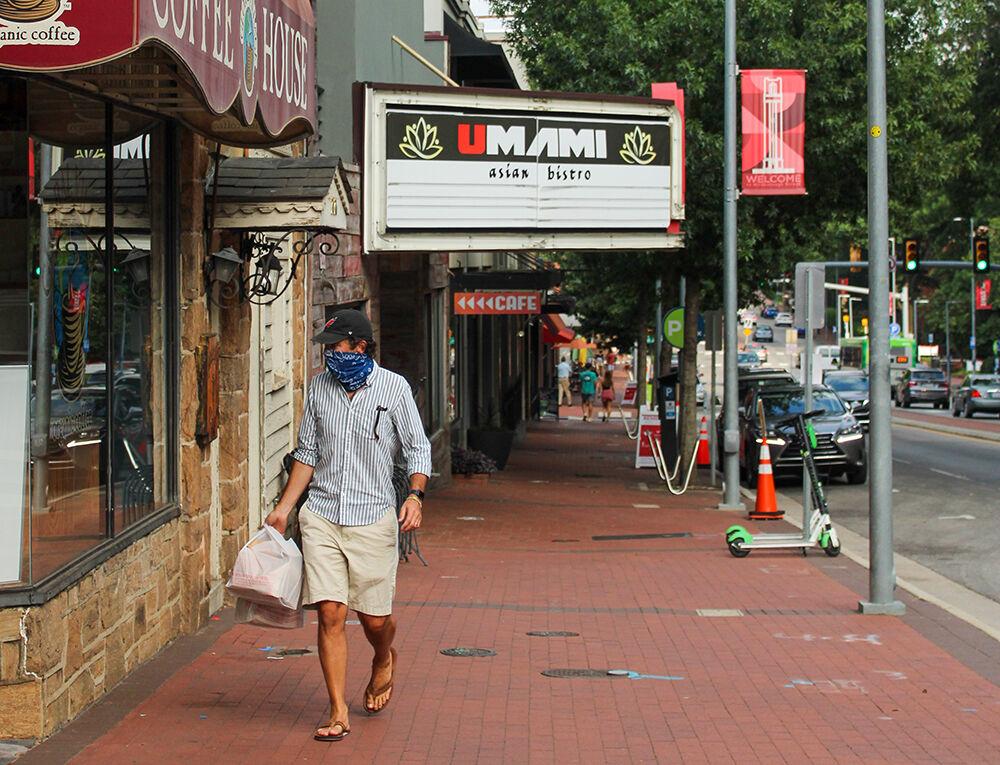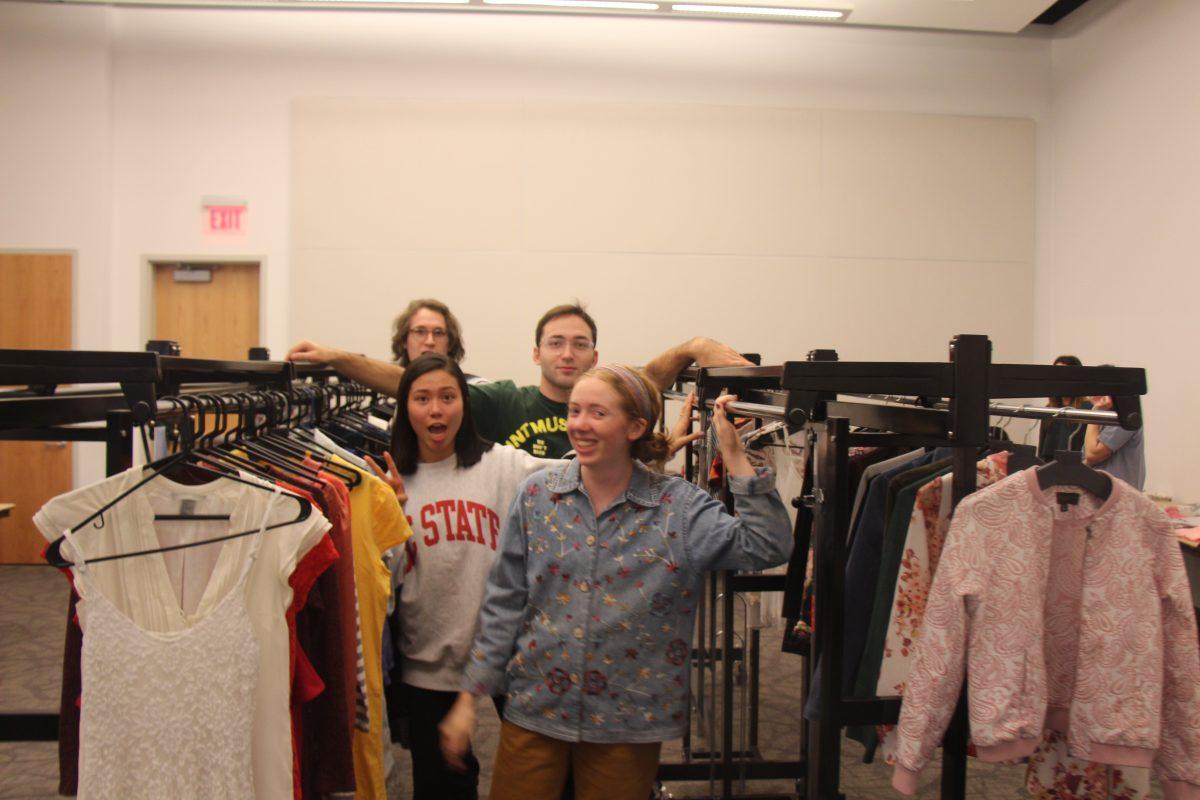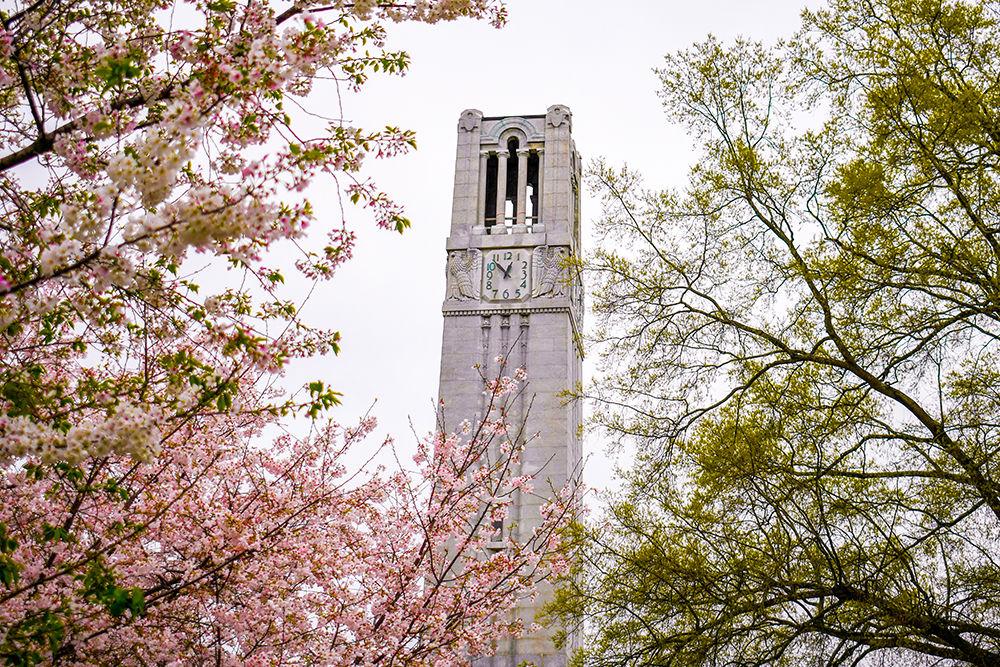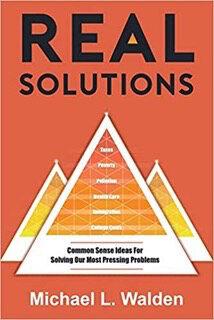It has been around a year since COVID-19 disrupted the lives of many and took over normal routines. During typical times, Hillsborough Street would be packed with students, faculty and staff grabbing a bite to eat, walking around or attending school events. However, the pandemic has impacted Hillsborough Street in many ways due to the uncertainty of the future.
Jeff Murison, president and CEO of the Hillsborough Street Community Service Corporation (HSCSC), and Irv Coats, owner of the used bookstore The Reader’s Corner, gave insight into the COVID-19’s effect on the businesses of Hillsborough Street.
According to Murison, food and beverage sales have dropped since last March, and although they have improved somewhat, they are still significantly down from sales before the pandemic. Murison also said 13 businesses have closed since the beginning of COVID-19, while 11 businesses, so far, have opened on Hillsborough Street during this time.
The shut down of some of the 13 businesses was not solely due to loss of sales. Some owners decided to retire early as a result of the uncertainty of the pandemic, while others’ leases were coming to an end at the beginning of the pandemic, leading them to close up shop. Murison said he believes there was success on the horizon for those businesses if they were certain of a prosperous future.
“Those successful businesses open during the initial months of the shutdown were likely to have survived, if it weren’t for the fact that their lease was up,” Murison said.
Although there were many difficulties for businesses during the pandemic, there was triumph as well. While many businesses have been struggling to survive throughout COVID-19, some have experienced more success than before due to the niche of the shop or the service they provide.
Murison mentioned the success of many food and beverage locations on Hillsborough Street is due to the availability of to-go options as well as other methods of business outside of sit-down services.
“A lot of our food and beverage merchants really were already ready to set up for mobile transient student business, and so they were well positioned for to-go and pickup orders, as well as delivery, ” Murison said. “Allowing them to adapt pretty quickly and maintain a base of business.”
One of the businesses on Hillsborough Street that has survived despite many hardships faced during the pandemic is The Reader’s Corner. Coats said there were difficulties at the beginning of the pandemic in maintaining his bookstore.
“We were shut down for two months,” Coats said. “I have six employees that need to eat. We kept paying them, which is all right, but we weren’t making any money.”
Just as the internet was an important aspect in the success of food and beverage locations, it has been vital for other kinds of business, such as The Reader’s Corner. Coats said his business was able to go above breaking even during the pandemic once online orders took off.
“Totally unexpected from me, our internet sales suddenly tripled,” Coats said. “We made enough money off of the internet to feed everybody, so we just kept going.”
There is hope for a return to normalcy eventually and even a chance for better business once cases die down and recovery can begin.
“The Raleigh economic market is very strong, and the University is a national leader,” Murison said. “And that creates a solid economic engine, and we are confident that once we get through recovery, the elements driving the Hillsborough Street economy will be just as strong if not stronger after the pandemic.”


















